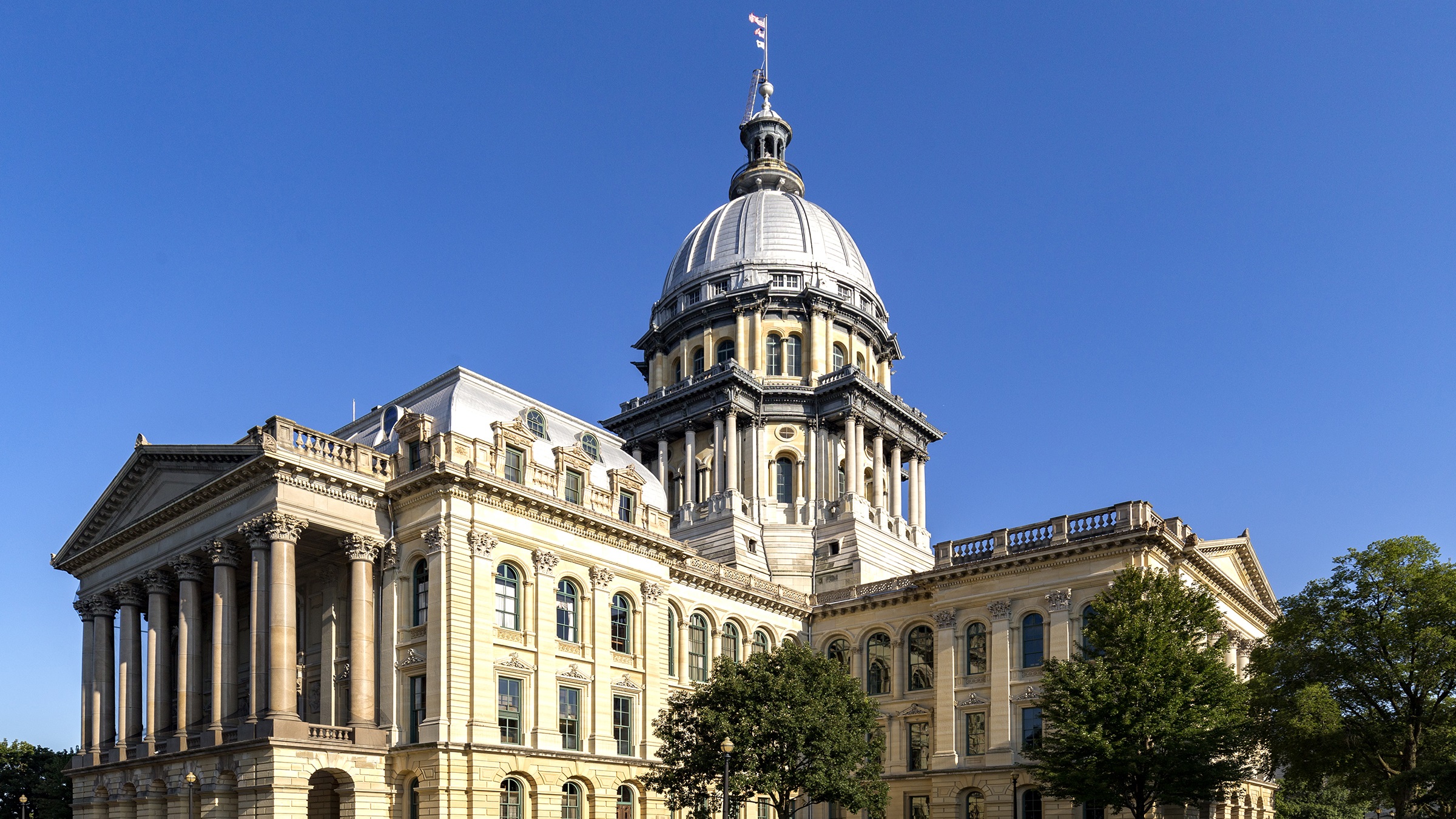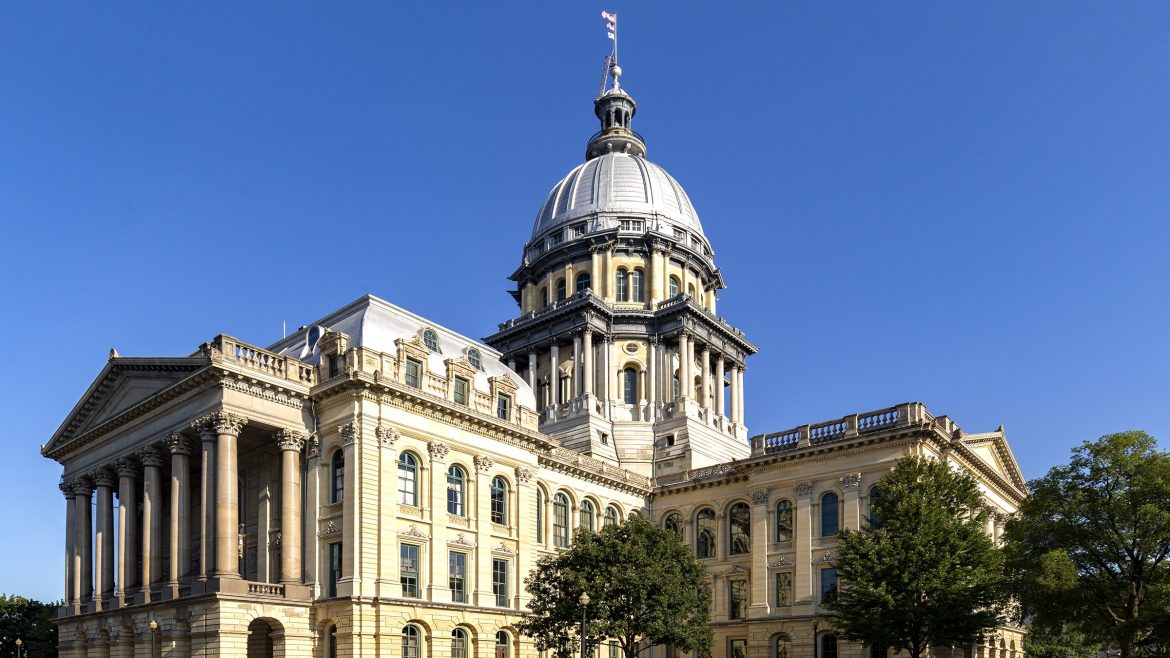The 2023 Illinois General Assembly legislative session was productive and progressive on several fronts but was not without its missed opportunities on key bills that are critical to NRDC Action Fund’s mission. Lawmakers in Springfield missed opportunities to advance environmental justice, combat climate change, and build upon the environmental progress of previous legislative sessions. While we wish that lawmakers were able to match the ambition that we share for a more sustainable, healthier, and equal Illinois, it’s in these oversights that we find crucial lessons and renewed motivation to advocate for stronger environmental legislation in the future.
Now, as we head into the summer months, when climate change–fueled heat waves will disproportionately affect our state’s most vulnerable populations, it is time to take stock and redouble our efforts to advocate for continued progress to confront the climate crisis, protect public health, and stand up for environmental justice in Illinois.
The following is a quick wrap-up of the policies we advocated for, and how we expect progress to continue in the next legislative session.
The fight for environmental justice continues
The Illinois Environmental Justice Act (HB2520) would reform zoning and permitting processes for industrial facilities, giving communities a greater voice in the process when new polluters want to set up shop in their neighborhoods. A version of the bill passed the House in 2022 but was never called for a vote in the Senate. This year, the bill did not even pass a single chamber. It was a step backward for environmental justice.
Compounding this missed opportunity, the legislature rushed through a deal (House Joint Resolution 23) to add new toll lanes to Interstate 55 between the Dan Ryan Expressway and I-355, a wrongheaded move that will increase the already high levels of air pollution on Chicago’s Southwest Side. Communities like Little Village, McKinley Park, Pilsen, and others, which will bear the brunt of the new pollution, had no voice in the process.
The path forward on combating the climate crisis in Illinois
The NRDC Action Fund lobbied for climate and clean energy bills this session, which would have reduced emissions in the transportation and buildings sectors:
- Clean vehicles bill (HB1634). This bill would implement standards for a percentage of new cars and trucks sold that must be electric. This is a foundational policy for cleaning up the transportation sector, the largest source of climate-warming carbon pollution in Illinois. Seventeen states have already adopted some form of these clean vehicle standards, including California, Colorado, Minnesota, and New York. The NRDC Action Fund and our partners will continue to meet with and educate legislators in the coming months to advance this critical policy.
- Clean capacity bill (SB2552). This bill aims to make the electric grid more affordable and reliable by supporting clean resources to meet demand at all hours of the day. As more renewable energy comes onto the grid and fossil fuel plants retire (often because they’re uncompetitive), this will be key to a clean energy future. NRDC and our partners had many productive conversations with legislators and other stakeholders and will work to improve and advance this bill in the months and legislative session to come.
Despite these important bills not passing this session, we did support legislation that passed both chambers: a siting bill (HB4412) that will expedite the development of new clean renewable energy projects aligned with the Climate and Equitable Jobs Act; and a comprehensive public transit bill (HB1342) led by Representative Kam Buckner in the House and Senator Ram Villivalam in the Senate that will, among other things, ensure that the Chicago Transit Authority, Pace, and Metra purchase only electric vehicles beginning in July 2026.
The NRDC Action Fund is already working on what we can do in this year’s veto session and next year’s legislative session to continue advancing an ambitious agenda in close coordination and collaboration with our coalition partners. In addition to the unfinished business from this session, the NRDC Action Fund will continue advocating for legislative solutions to reduce Illinois’s reliance on expensive, polluting gas for heating and cooking, to invest in transportation solutions that improve accessibility and public health, and to replace lead service lines threatening our drinking water.
Next session, we will still be up against powerful special interests like corporate polluters working to continue profiting off of environmental justice communities, but NRDC Action Fund and our supporters and partners, as well as our allies in the legislature, will continue to push back and build political power for a cleaner, healthier, and more equitable Illinois.


